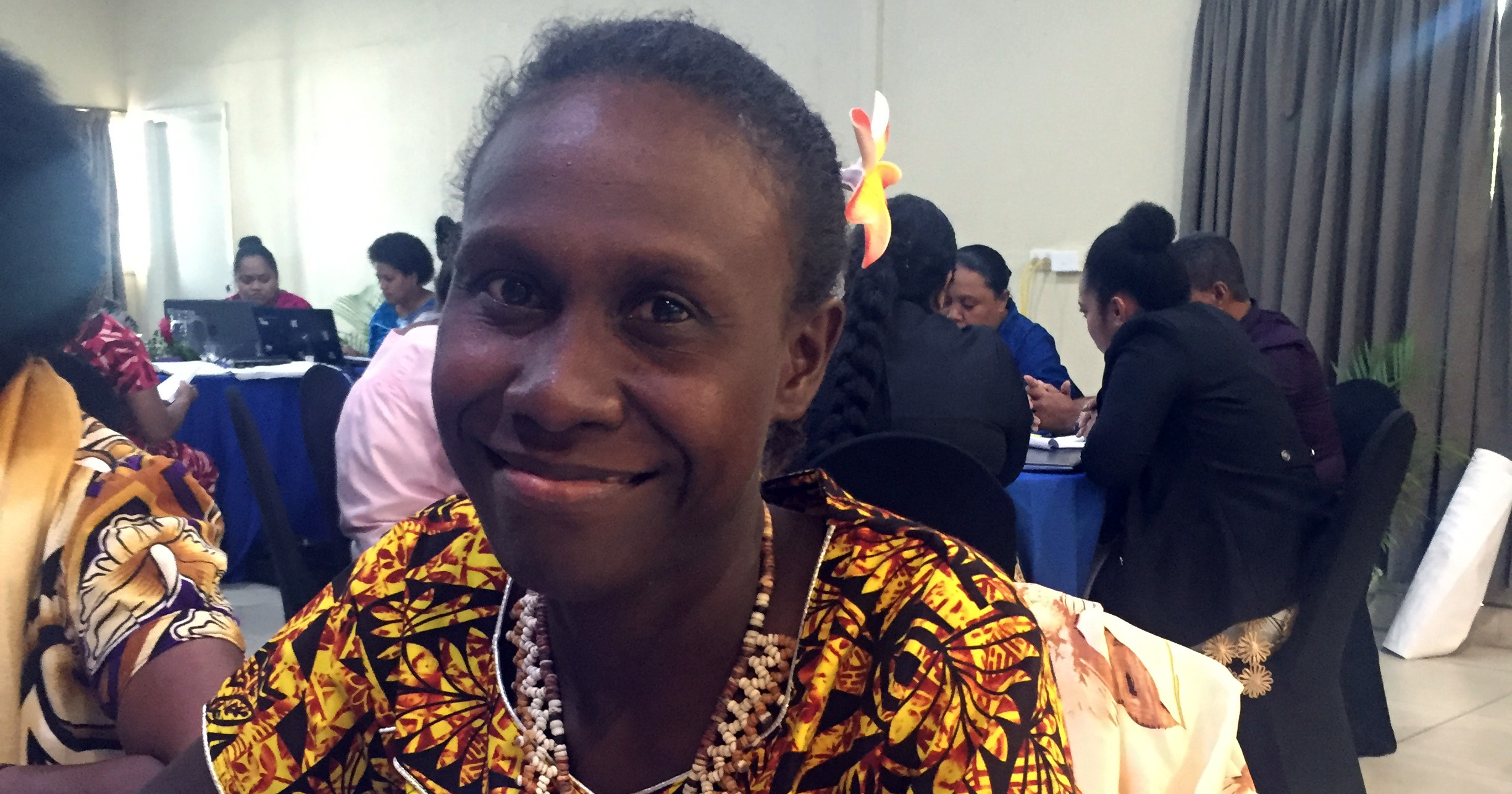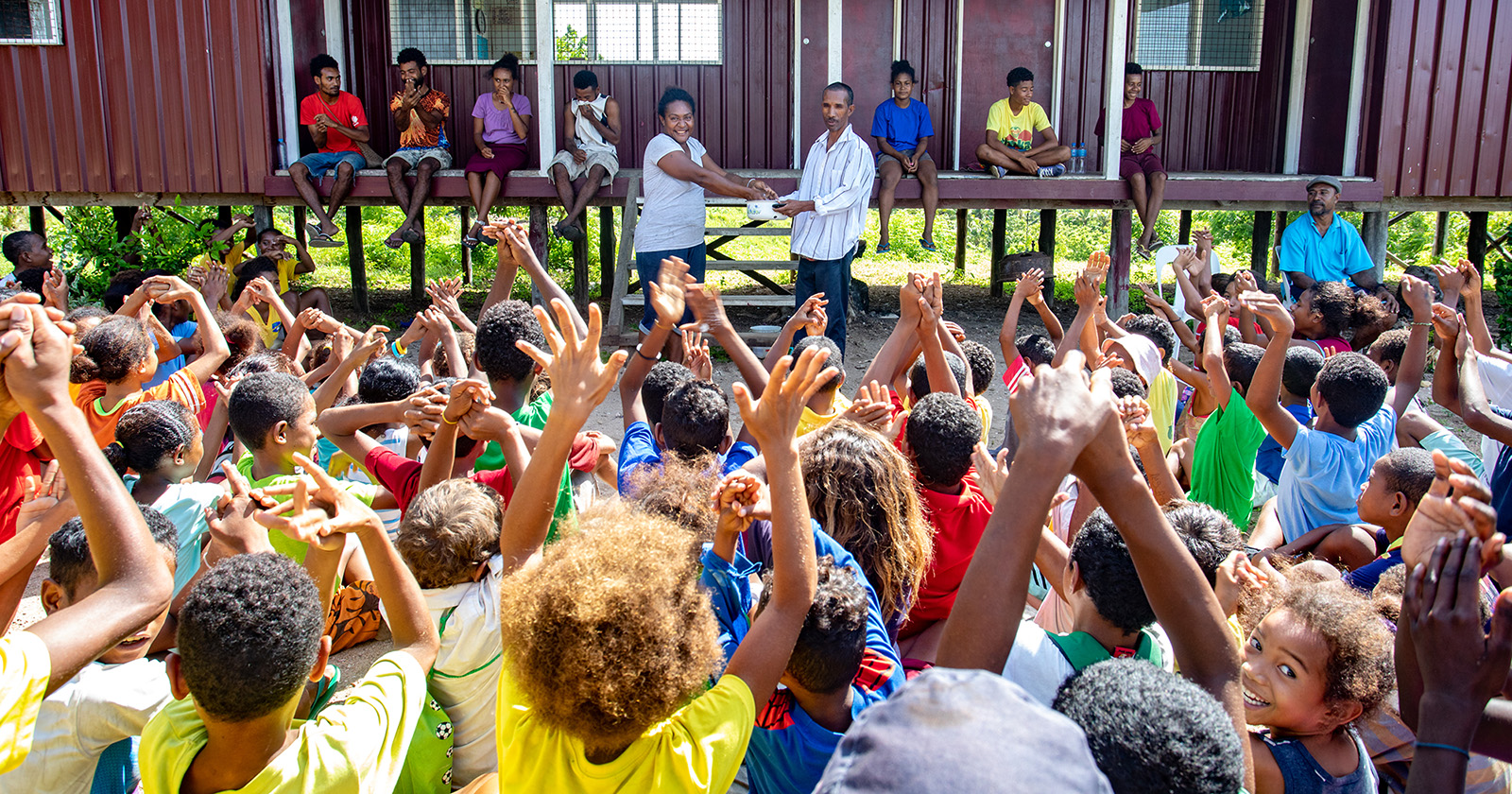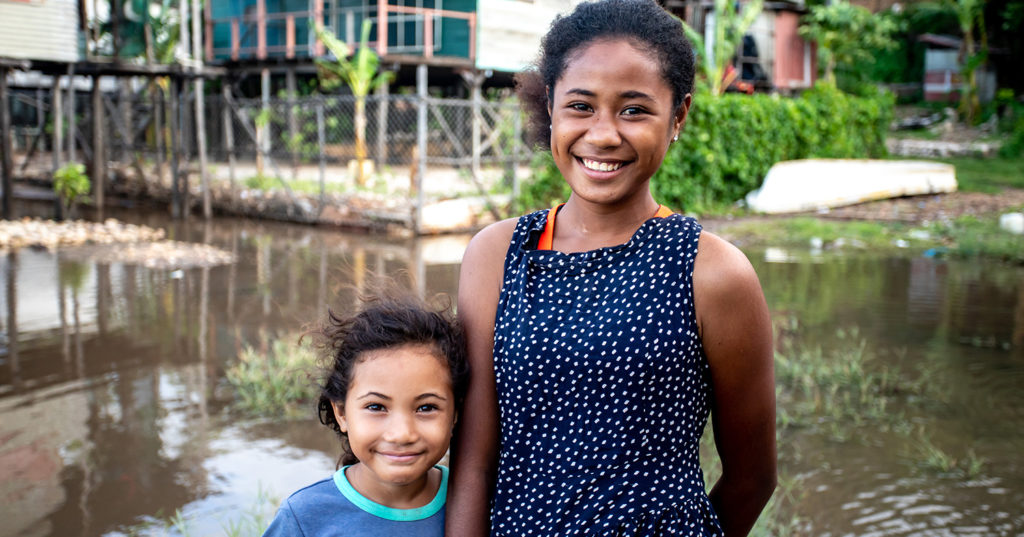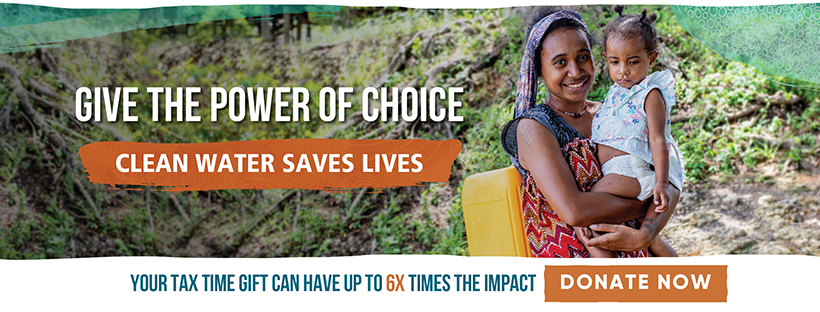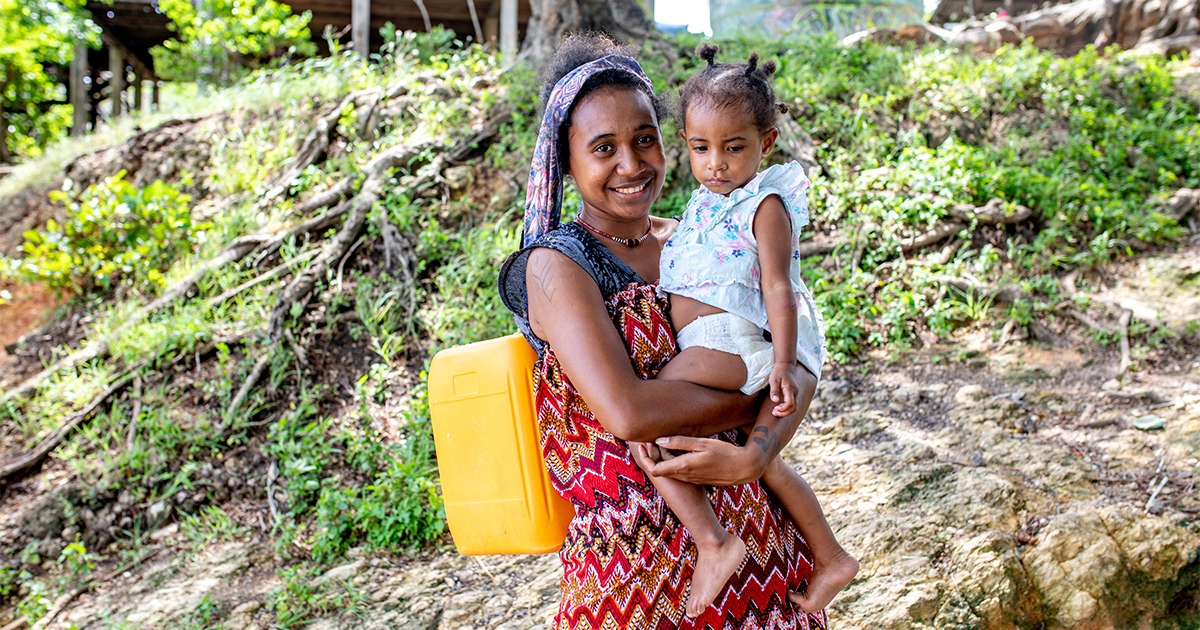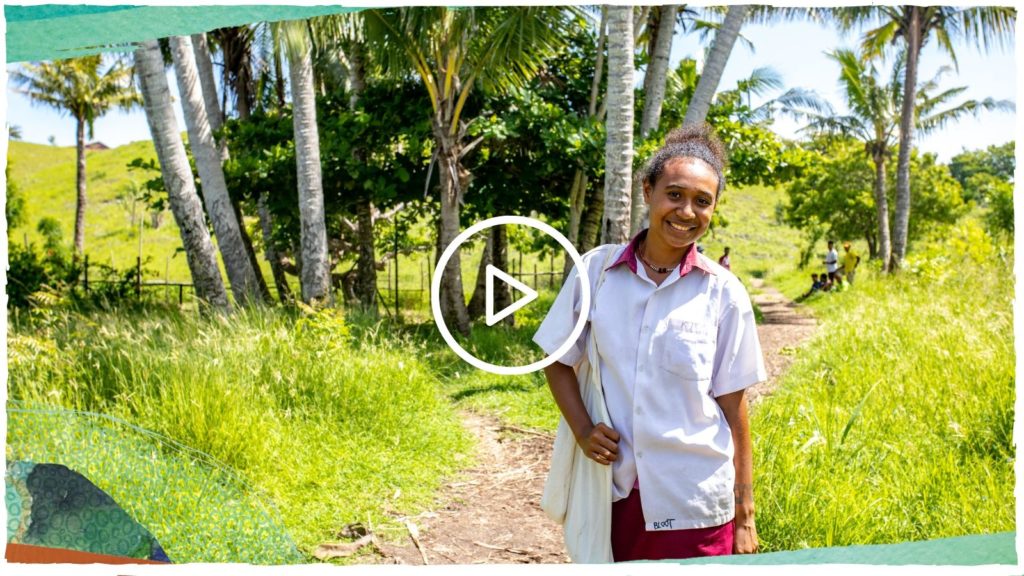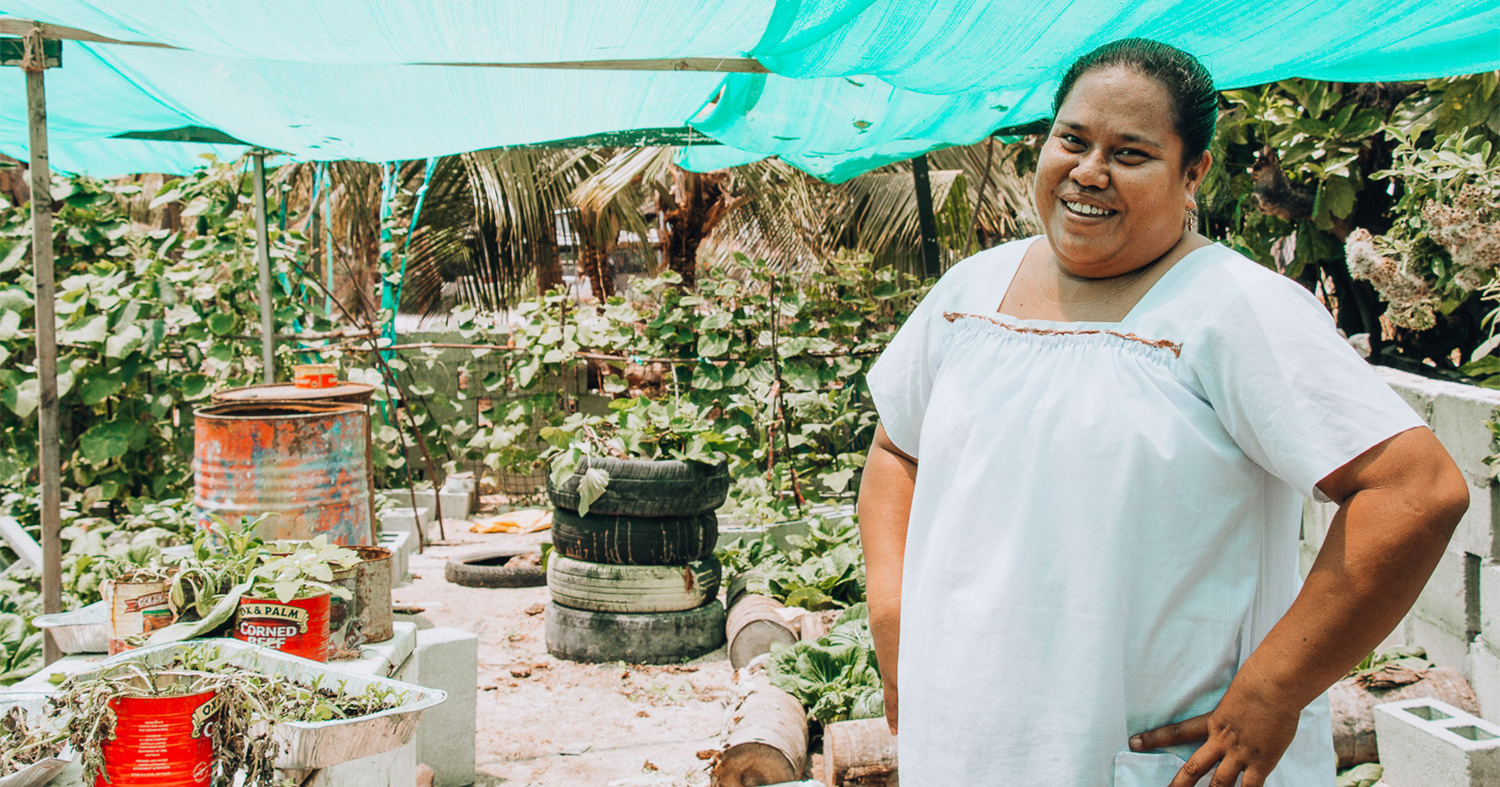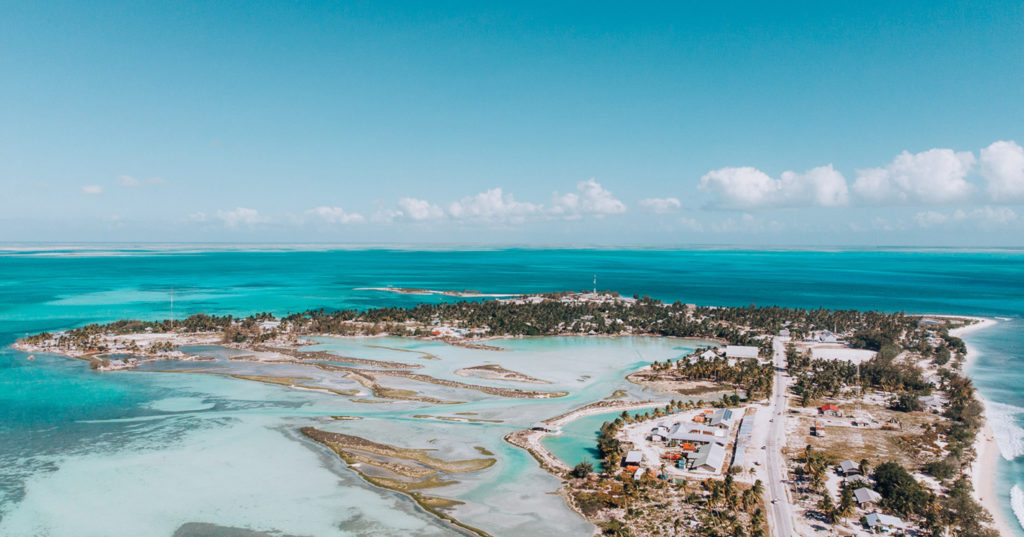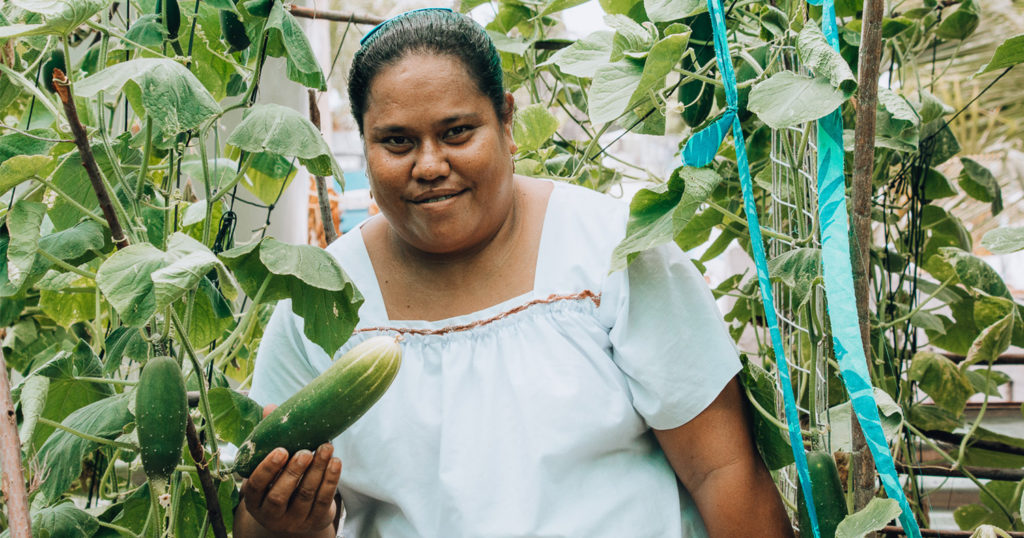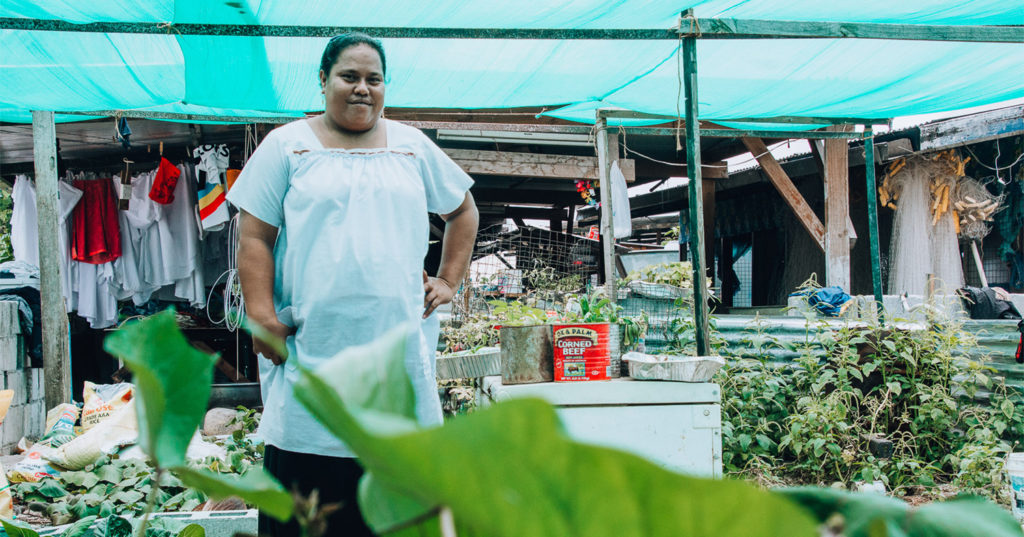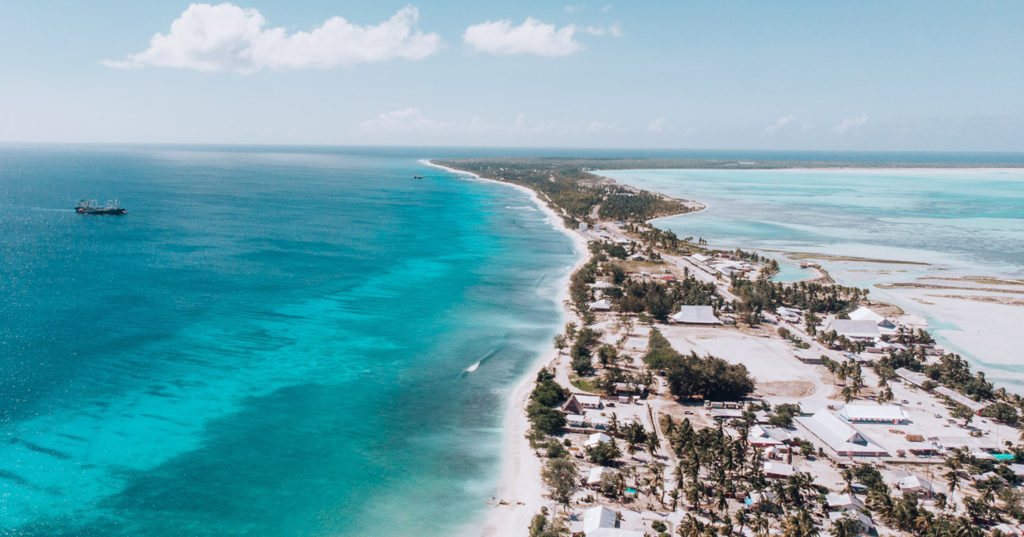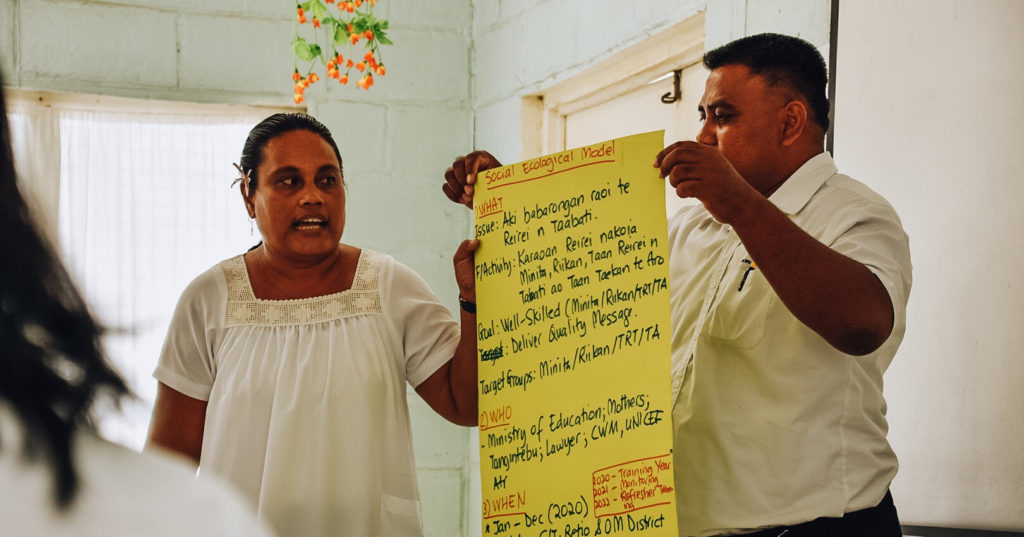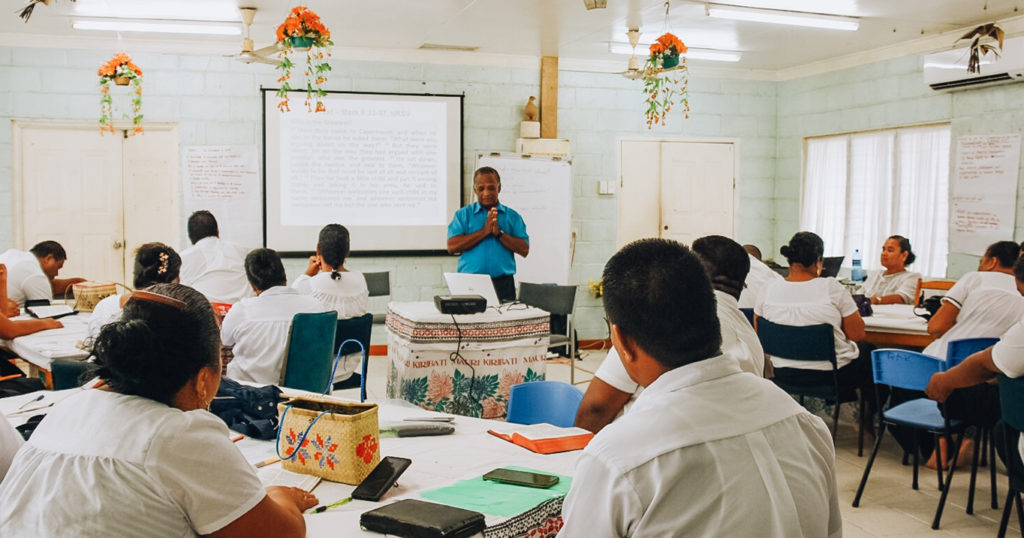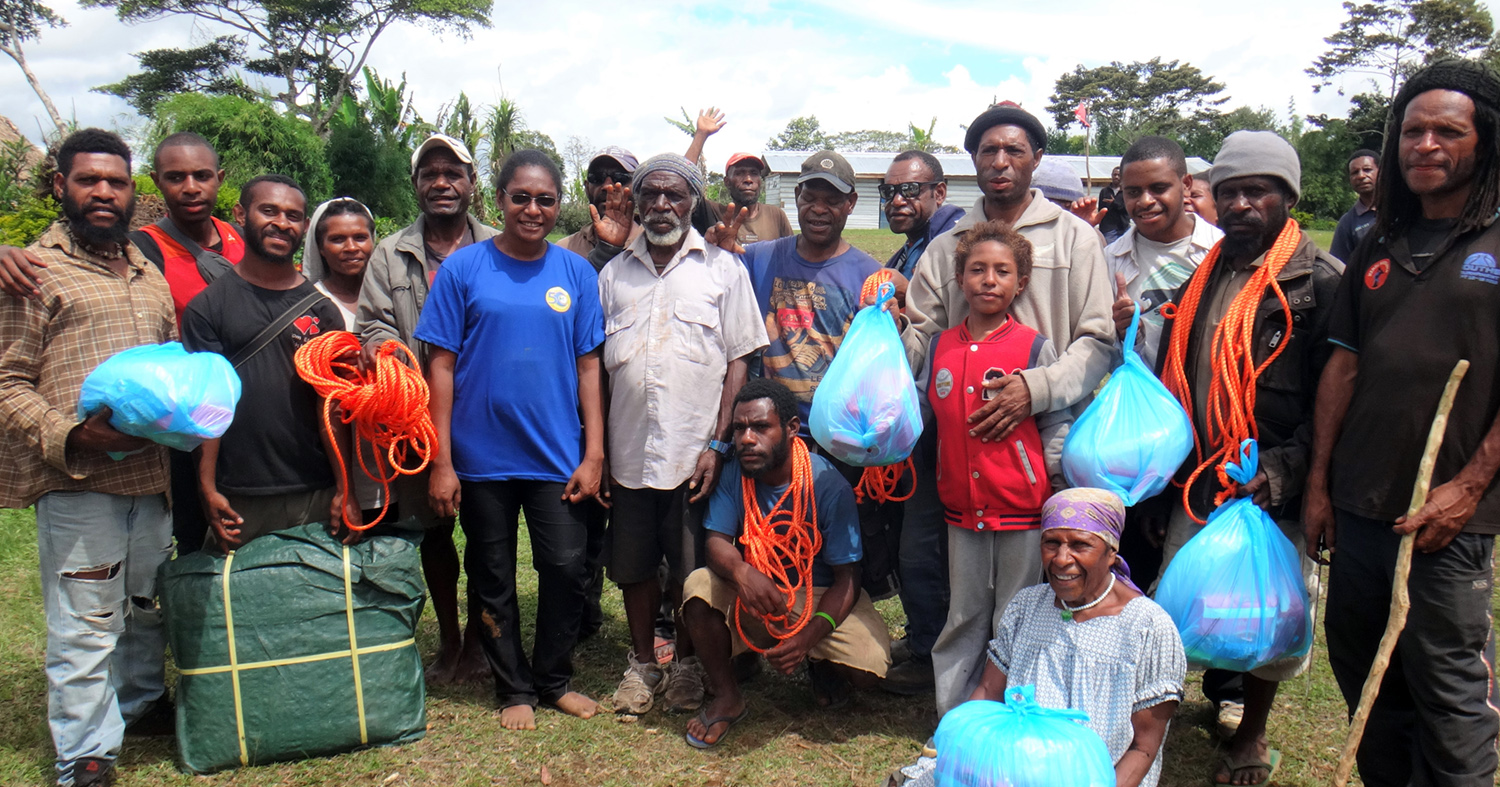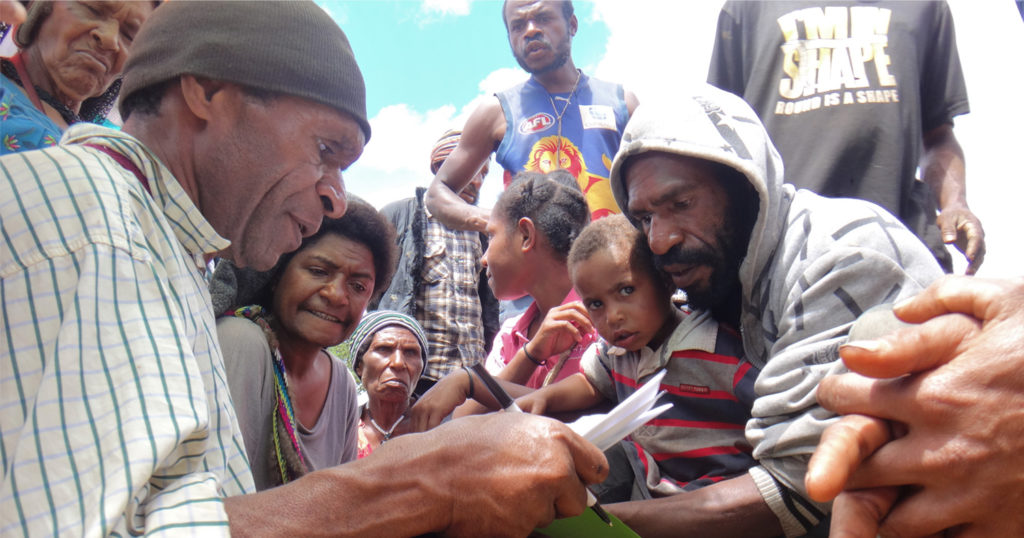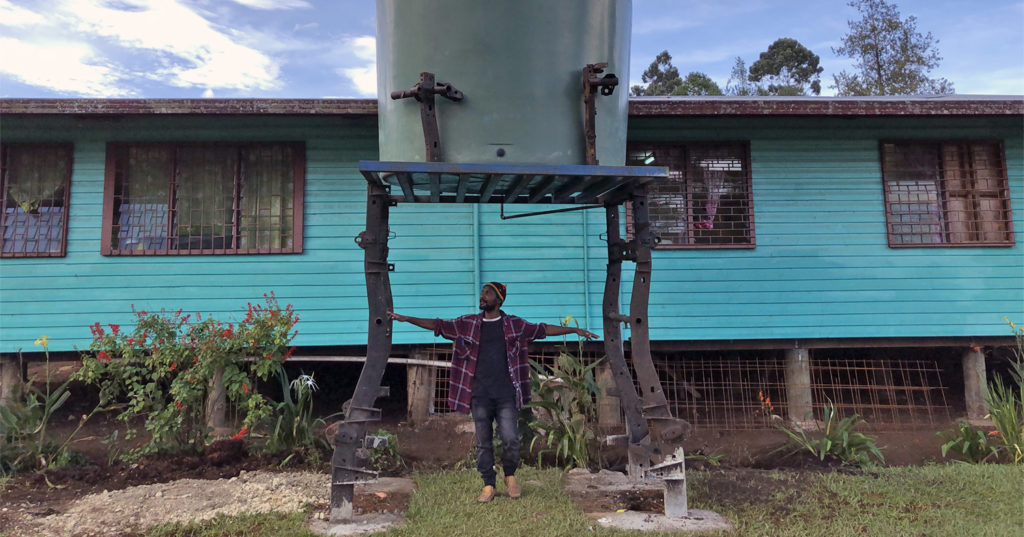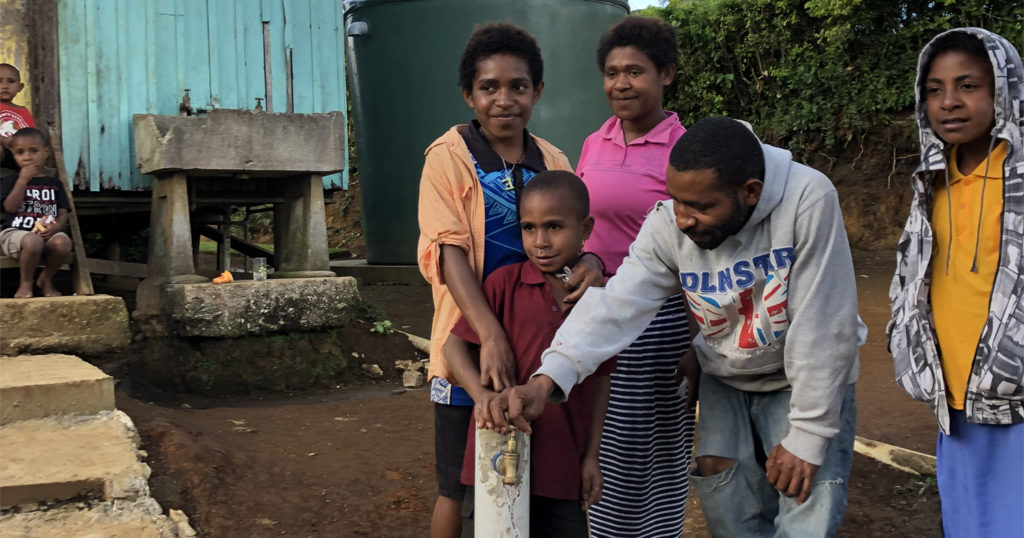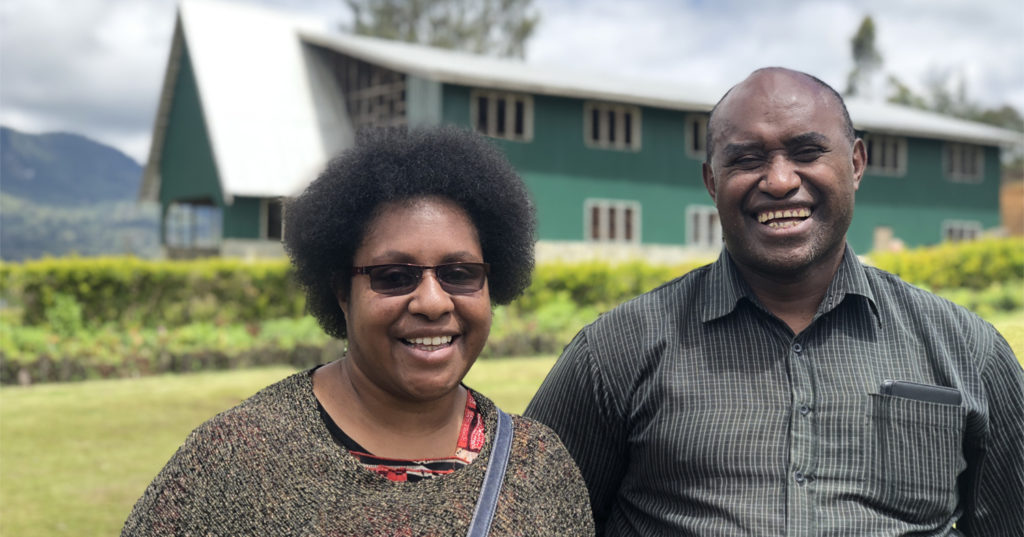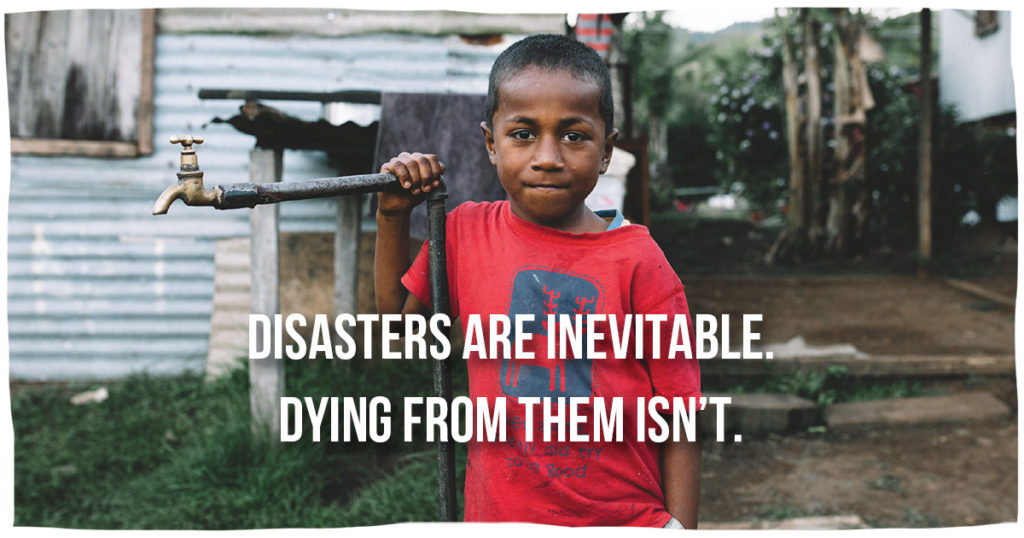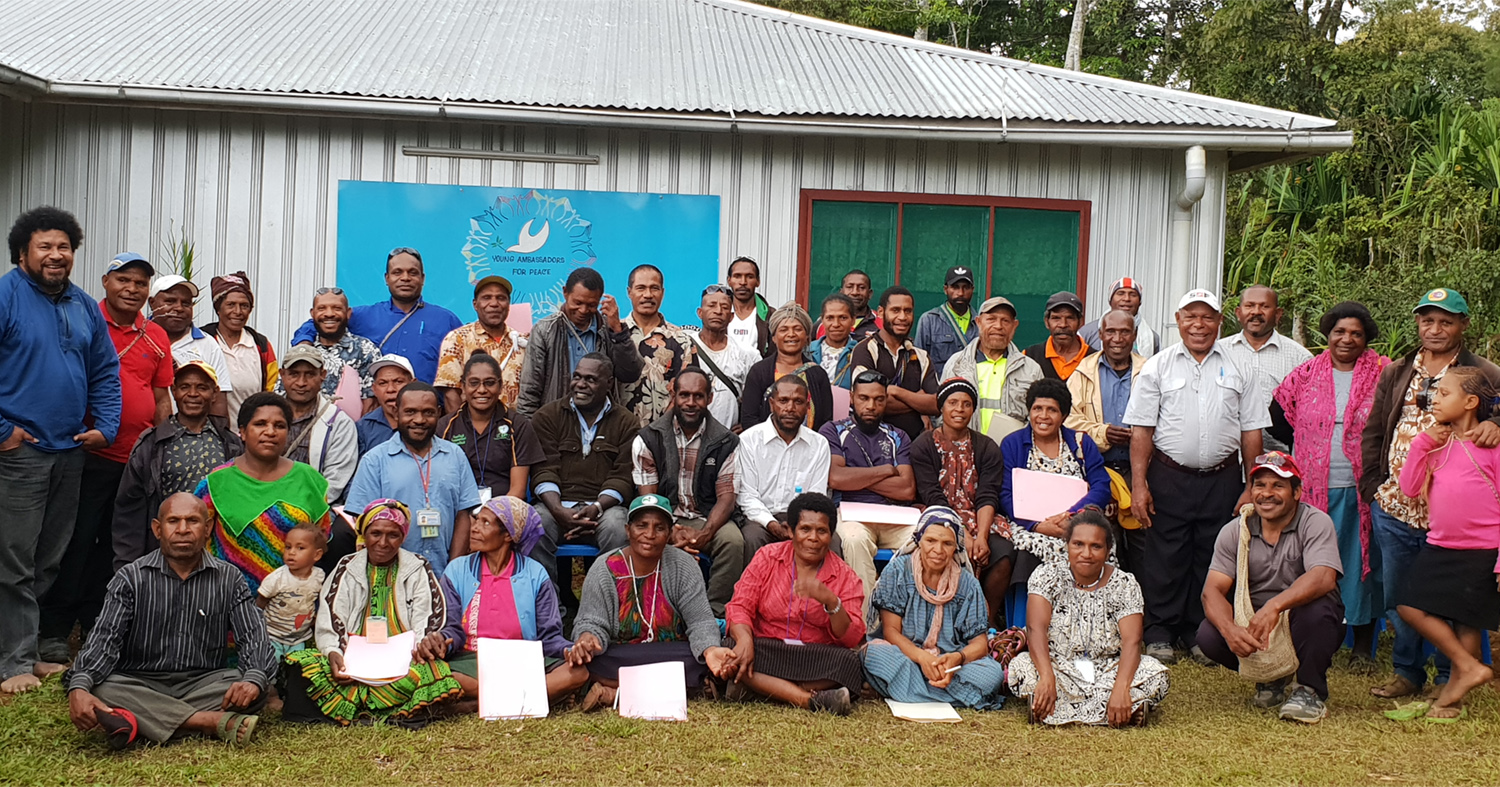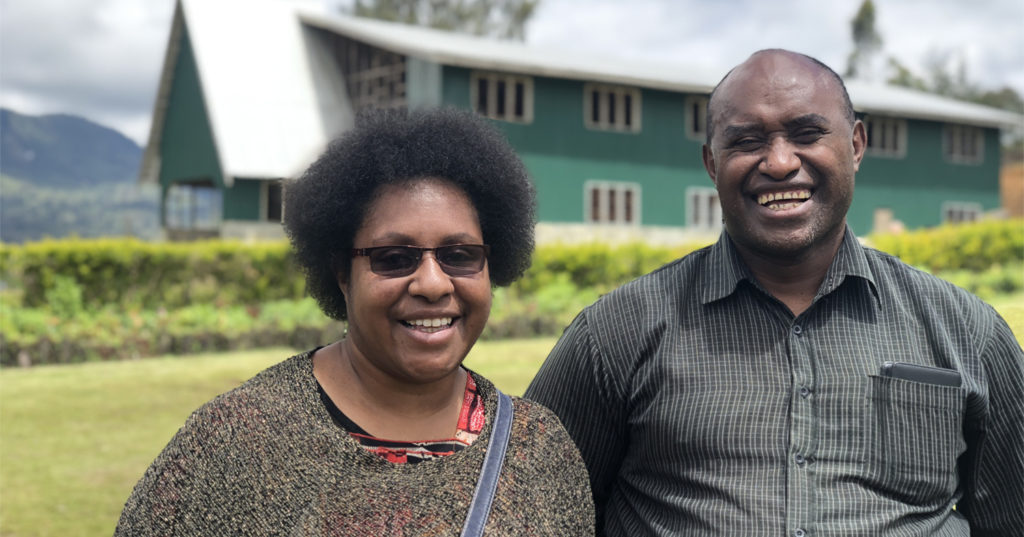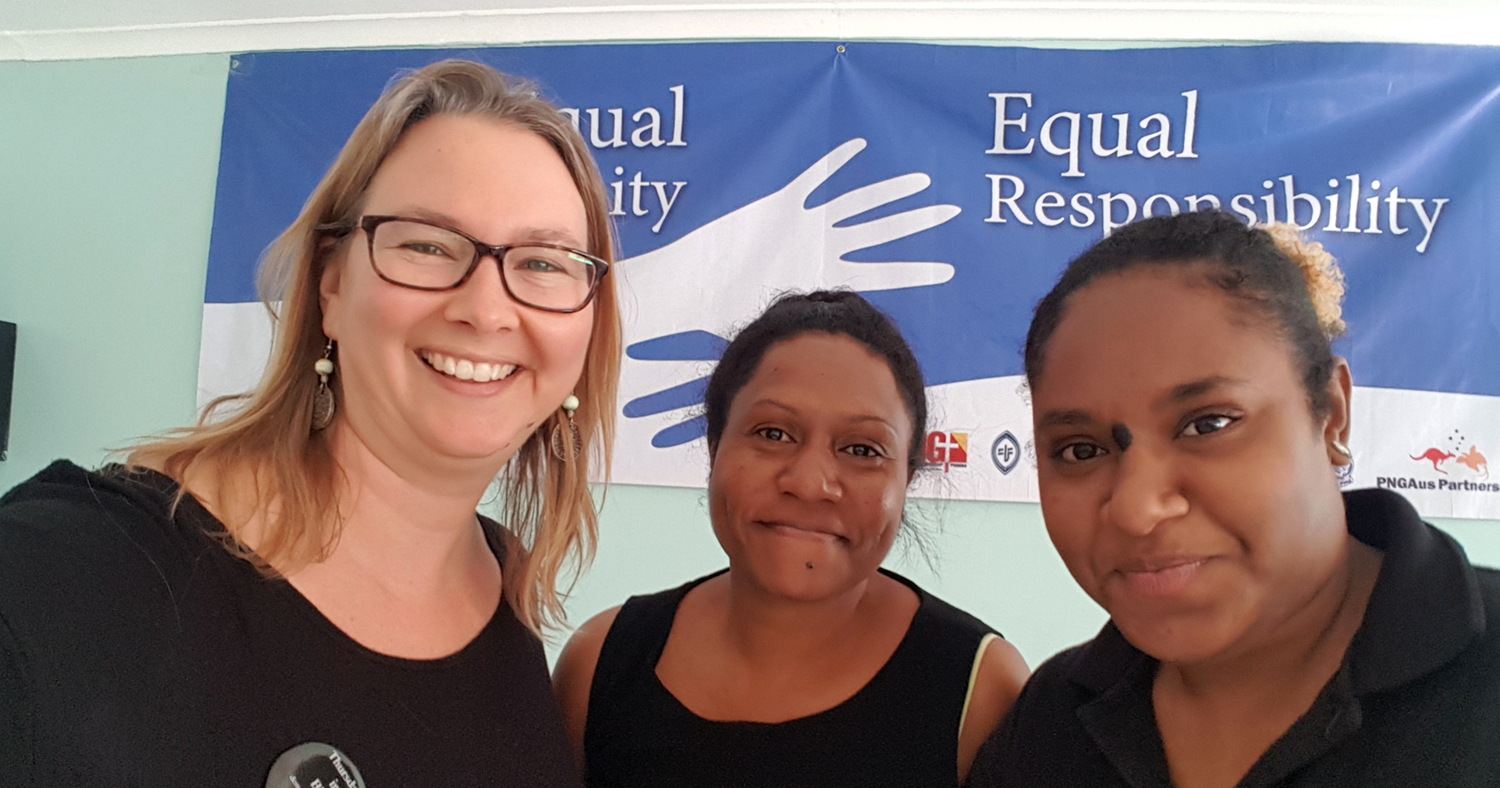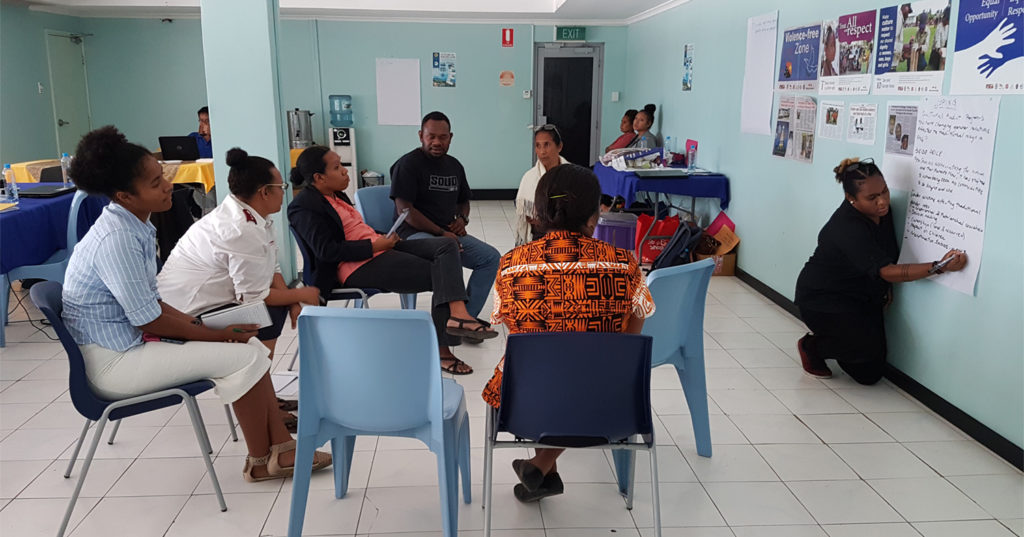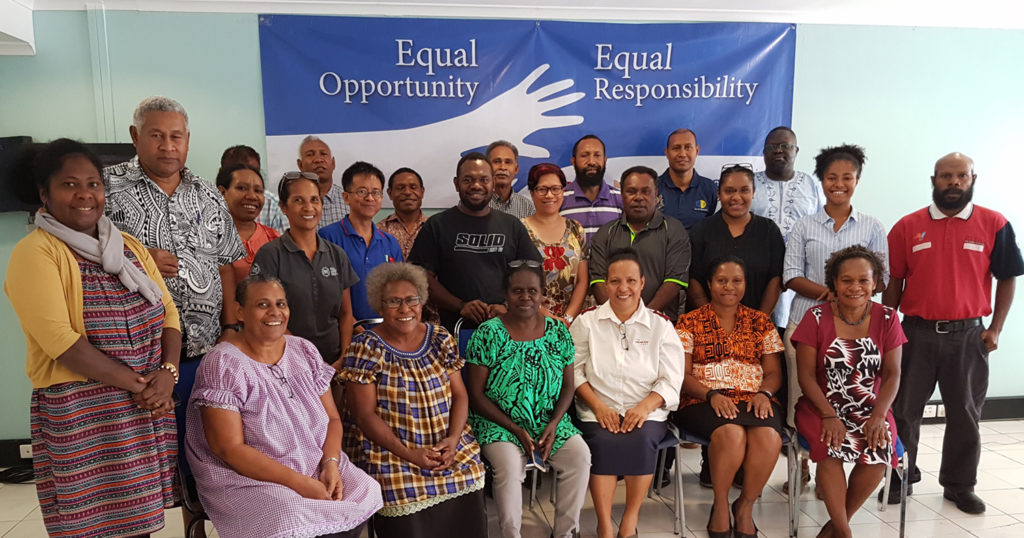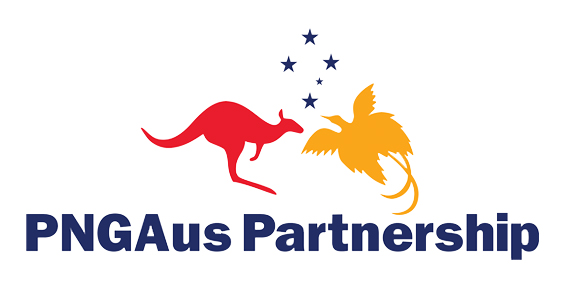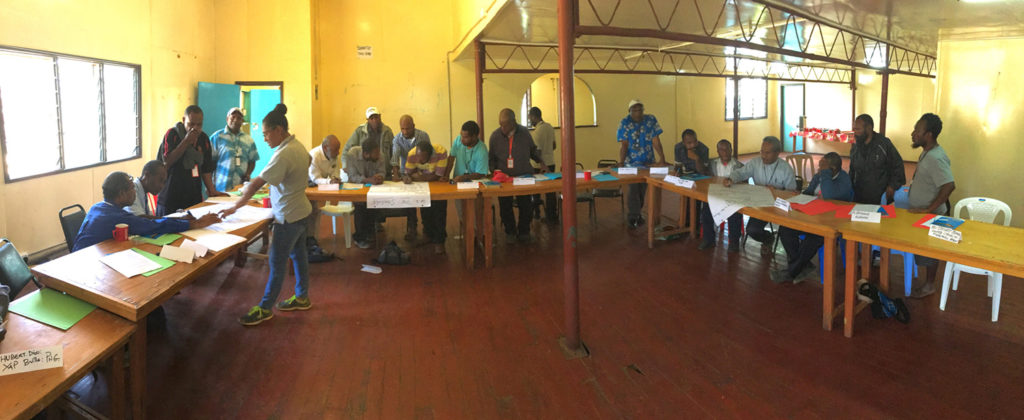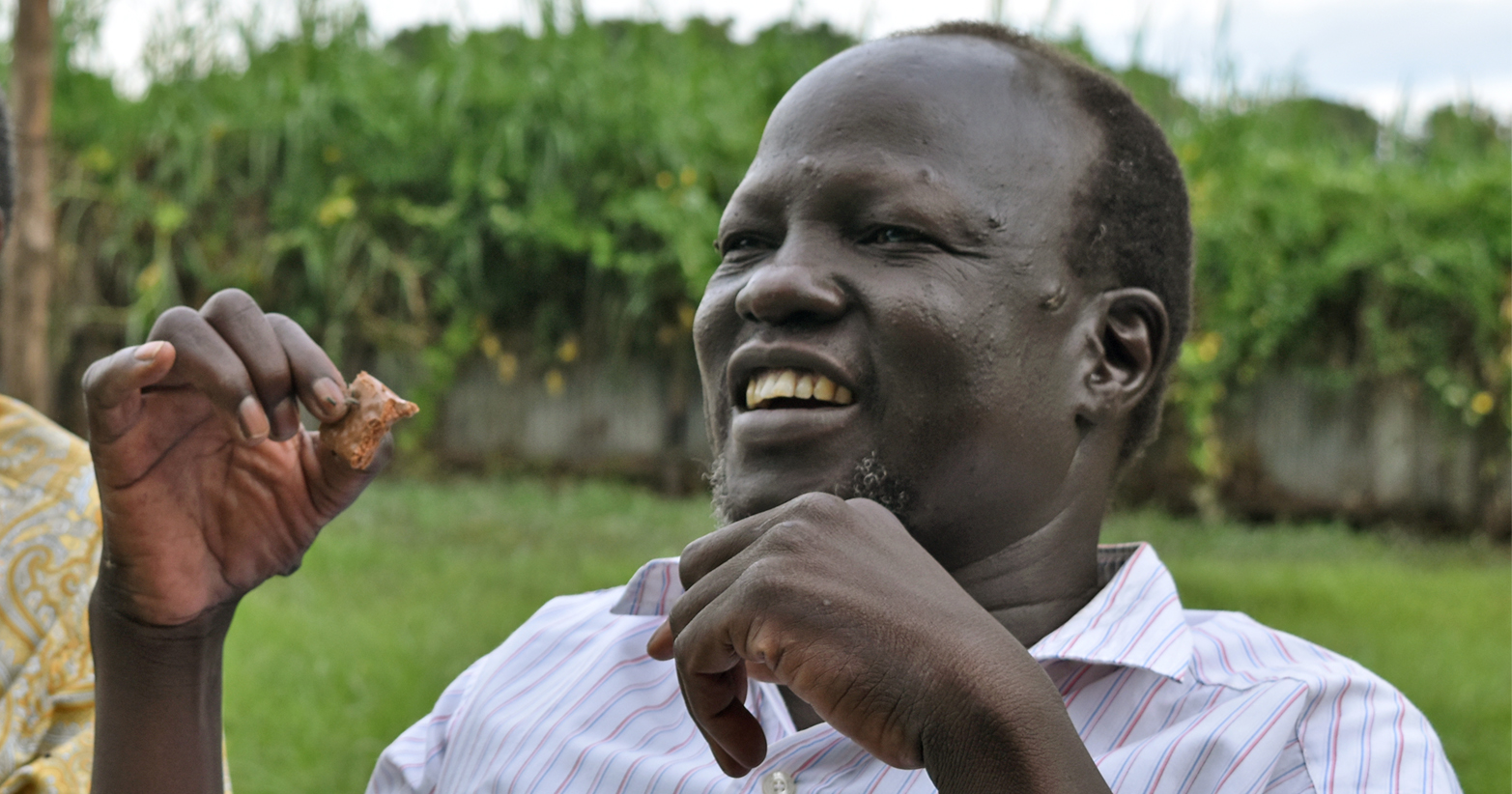First female lecturer a win for equality
“90% of people in the Solomon Islands believe in God. When a message about women comes from the Bible, their eyes are open, they feel it has more weight. And that’s why we will see a reduction in gender-based violence and increased respect for women in our society.”
If anyone has the insight to comment on what might make a difference to violence against women in the Pacific, it’s Pastor Lima Tura.
The sole female lecturer at Seghe Theological College in the Solomon Islands, Lima has a Bachelor of Theology from Pilgrim Theological College in Melbourne, she is a single parent and now teaches theology and biblical studies in her home country. It’s not been an easy journey.
Feeling the call to pastor several years ago, Lima was offered a scholarship in partnership with UnitingWorld and the United Church of the Solomon Islands to study at Seghe. A trailblazer, she literally burnt the midnight oil or read under lamps powered by generators, studying third-hand textbooks from Australia as she worked her way through her Certificate. She completed a Bachelor of Theology in Melbourne and has now returned to her college determined to overcome its many challenges.
“We are lucky right now – we have power connected and two light bulbs in most of the homes,” says Lima.
“Our library is small, and we have no Wi-Fi for internet research – we can sometimes use data on our phones but it is very expensive.”
Despite scarce resources, Lima describes her lecturing position as wonderfully inspiring.
“There are fourteen gentlemen and one woman in my classes,” she laughs.
“The men are really great, very open to equality. I mean, sometimes it is probably hard for them. I’m not sure if they have been taught by a woman before except in school when they were younger.”
The first woman to lecture at the college, Lima is bringing new perspectives to students and existing clergy both by example and through her teaching, which draws on gender equality theology work developed by UnitingWorld as part of the Partnering Women for Change program.
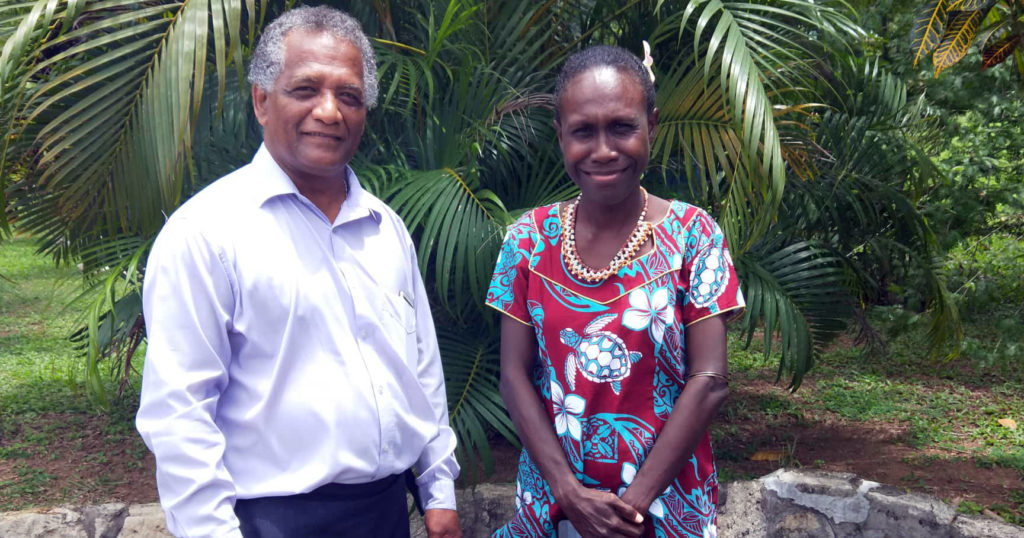
“For both the men and the women here, this message of equality and dignity is so liberating,” Lima says. “We held a workshop to teach from the Bible about respect for women and to share what the scriptures have to say about women and men’s roles. People are very excited. When they hear messages from secular women’s rights organisations they can be suspicious and confused. But when it comes from the pulpit, from the church who they trust, it has much more power and influence.”
In July, a group will meet in Fiji to discuss how Bible study material can be brought alive for students in colleges and within church circles. Lima will be among the attendees.
After years of groundwork, our theological workshops with church partners in the Pacific have attracted funding from the Australian Government.
“The Australian Government recognises that overcoming poverty and ending violence against women in the Pacific is about working to see women’s rights and gifts recognised,” says UnitingWorld Associate Director Bronwyn Spencer. “They’ve also realised that in cultures where Christianity is central, churches hold the most influence and authority to create change. As a result, they’ve been funding our work with partners to explore biblical gender equality, so that local leaders are equipped to preach and teach it and help to open opportunities for women in church leadership. That’s actually pretty radical.”
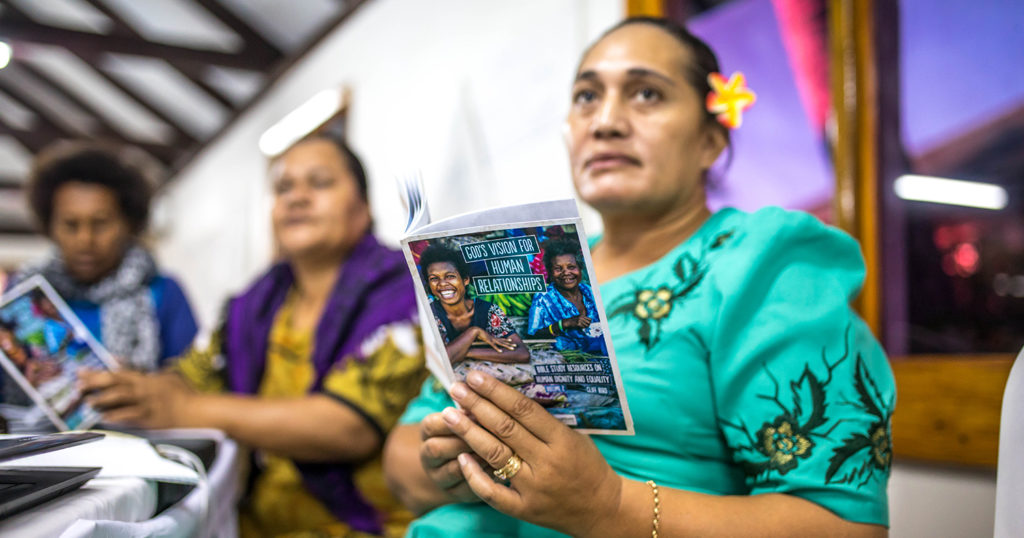
For Lima, the support of people here in Australia through UnitingWorld is incredibly precious.
“I can’t thank you enough for the scholarship to study and for the prayers you have offered for me,” she says. “Without you, I could not have answered this call. My dream for the students is that they go back to their communities with the wisdom to address through a theological lens all the challenges they face – social, economic and spiritual. We experience so much good here, but so many difficulties as well.”
THANK YOU for supporting our church partners to lead this transformative dialogue among their communities. Pastor Lima’s story is one thread in a fabric we see being woven from country to country, where God’s powerful message of freedom and dignity for all is shaking and sheltering lives.

